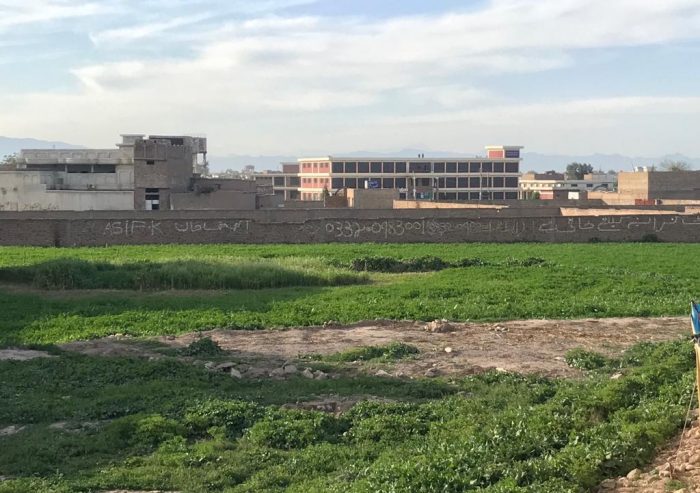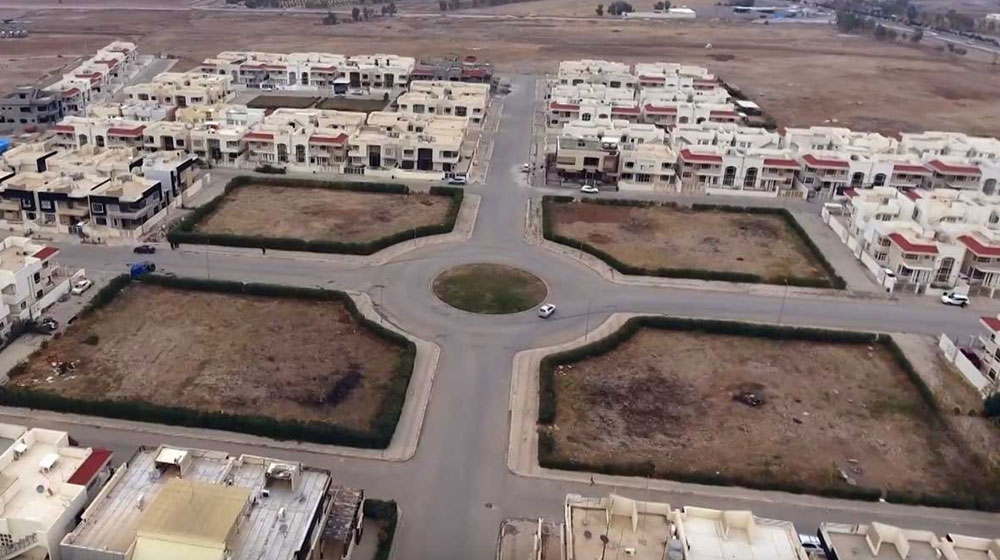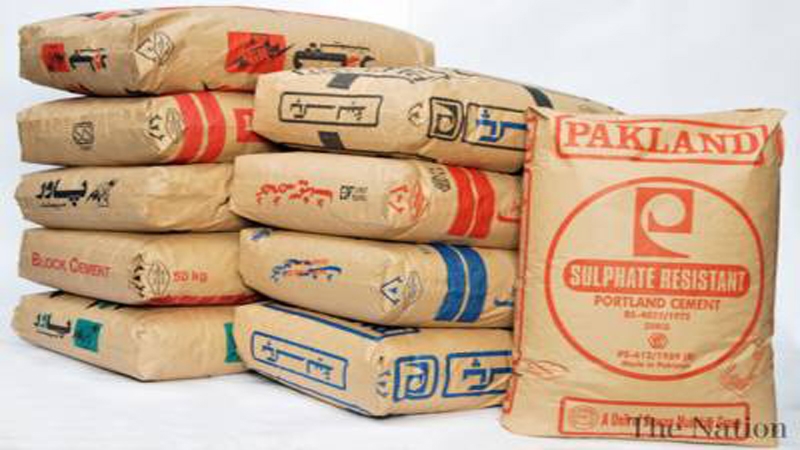7 May 2023
Urban Heat in South Asia
The new World Bank report, “Urban Heat in South Asia: Integrating People and Places in Adapting to Rising Temperature” has stated that Urban heat is a rising risk across South Asian cities that is often underestimated and underreported. According the report South Asia is one of the regions most at risk due to extreme heat but the majority of its urban areas are ill-equipped to deal with the phenomenon, which is increasing in frequency, severity and complexity due to climate change. It further warns the home to a quarter of the world`s population’ region is accustomed to extreme heat, but rapid urbanisation and climate change are pushing the region`s limits of adaptation with lethal consequences.

The impacts of heat in South Asia are already emerging with over 3,600 heat-related deaths in India and Pakistan during the 2015 heat waves. More recently in 2022, at least one billion people in India and Pakistan experienced further record-breaking heat waves with temperatures reaching 51 degrees Celsius in some parts of Pakistan. Unlike many other climate hazards, urban heat is a relatively predictable hazard that can be largely measured and protected against. The report pointed out that the knowledge of urban temperatures in South Asia has been largely limited to satellite data or studies that have not accounted for spatial variability. This has limited the awareness and understanding of intra-urban heat differences in South Asian cities.
Land Scam in Mandi Bahauddin, Punjab
A major scam of land has been unearthed in Malakwal tehsil of Mandi Bahauddin district where at least 100 villagers have been deprived of around 1,000 kanals of their ancestral land through illegal transactions of ownership in the official land record by the officials of the revenue department. The housing society involved in the scam is connected with a property tycoon of the country, presented as an example of success by many who ignore the foul play in the business of land done with the connivance of corrupt state departments. The land fraud is a classic example of the deep nexus between corrupt revenue department officials and powerful, greedy developers. According to the news report, the Anti Corruption Establishment has been probing at least two more such cases of land fraud in the same village with the villagers after which the Deputy Commissnor ordered to stop any further transaction into the land record of ownership in Rukkan.

Though, all the land owners of Rukkan village have been asked by the administration to go to the Arazi Record Centre Malakwal to check their ownership details as the total land of several owners has also been reduced through the said fraud. However, as always has happened in Pakistan, there seems no consolation to the real owners of the land. Even if they are lucky, it will be many years before they get their land back. Those arrested will get bail while others have already fled the country. One is aware of the pace at which such cases are investigated by the agencies and adjudicated on when one of the parties has political and financial clout.
The Case of Regi Model Town
Hundreds of allottees of plots in the Regi Model Town in Peshawar Khyber Pakhtunkhwa have moved the Peshawar High Court this week against the provincial government and Peshawar Development Authority (PDA) over a delay of around three decades in the grant of plot possession. A total of 550 allottees filed a joint petition requesting the court to declare the “denial” of the possession of plots in zones I, II and V of the Regi Model Town to the allottees illegal and with ulterior motives. They prayed the court to declare the lingering land dispute between the Kukikhel Afridi tribe and the government “illegal” and non-compliance with the terms agreed upon by elders of the tribe and the government on Feb 16, 1991. The petitioners requested the court to direct the respondents, including the provincial government and the PDA, to hand over the possession of plots in three zones to the allottees awaiting it for decades despite making due payments on time.

For decades, Kukikhel Afridi tribe people have been seeking the ownership of a piece of land that lies along the highway that links Peshawar city with their native Jamrud tehsil, commonly known as Khyber Agency. So far, their demands have not been met. The petioners claim that two of the five proposed zones of the housing scheme, called Regi Model Town, are situated on the lands they own. Their land ownership claims are much older than the housing scheme. They maintain that they are allottees of plots in the Regi Model Town, which was a project of the PDA, but possession of those plots had not been given to them despite allotment in 1993.
Trend of Residential Misuse
It has always been a big question mark why industrial units functioning in residential areas remain unchecked in Pakistan. And, why the country’ environment protection authorities have always remained unaware about their illegal operations and failed to enforce this basic safety precaution. A couple of months ago 19 people died apparently due to inhaling toxic gas emanating from factories unlawfully set up within residential neighbourhoods of Kemari in Karachi. Now this week in Taxila, gas leak at an under construction ice factory along G.T. Road in a residential area of Hassanabdal affected scores of people and left a number of people, mostly children, hospitalised.

According to sources, almost a dozen manufacturing units, most of them unregistered, were operating in the residential areas by violating all the standard operating procedures (SOPs) and security measures with the connivance of local administration, including the Civil Defence and environment department. Besides, gas leakage incidents often happened due to substandard material and added the environment department was responsible for checking the licences and the condition of the units, while the Civil Defence was responsible for the supervision of the security measures taken by these units. The sources added all manufacturing units running in Taxila are not only unregistered but also violating SOPs. They should not be allowed to work in residential areas as they might prove fatal for inhabitants.
Decline in Cement Sector
Cement industry continued to struggle with declining construction activities in the country. All Pakistan Cement Manufacturers Association (APCMA) has recorded the lowest level of cement sales in 9 months. According to the statistics shared by the association, there was a decline of 16.55% in cement sales in April 2023 compared to the sales recorded in the same month last year. The total cement dispatches during the month of April 2023 was 2.951 million tons in comparison to 3.536 million tons registered during the same month last year.

An APCMA spokesperson mentioned that the current economic turmoil has adversely affected cement consumption and the government must take necessary steps to improve the condition for the construction sector and allied industries. However independent observers think sales were under pressure due to the increasing cost of construction and political instability discouraging investors in the construction sector.


